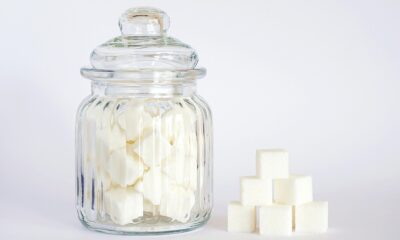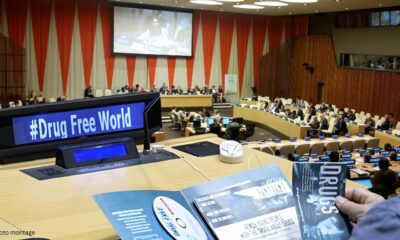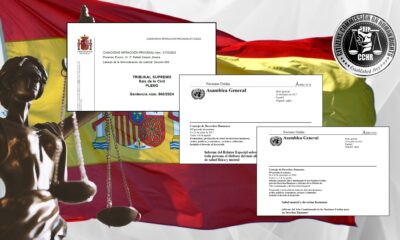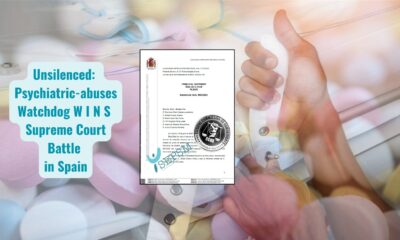Health & Society
A side effect of rice that you hardly suspect
American experts from the University of North Carolina found a side effect of eating rice that many people don’t even think about. Unexpected side effect of rice According to scientists, cooked rice can be toxic to the body. If it has been stored at room temperature for a long time, you should not eat it – in this case, the probability of poisoning increases sharply, according to the researchers.
Bacteria can be found in rice, say scientists. Bacteria of the type Bacillus cereus, penetrating from the soil, are most often found in it. After experimenting with different ways of cooking rice, the researchers discovered that heat treatment did not always destroy all the microorganisms living in the rice. If bacterial spores that survive after cooking enter the human body with food, this can cause a serious deterioration in well-being. The activity of bacteria is accompanied by the release of toxins, including thermostable ones, which provokes the symptoms of poisoning. According to experts, within two hours after cooking, rice should be placed in the refrigerator – otherwise the risk of poisoning will be very high.
“Bacterial spores are able to survive cooking rice if it is normally stored at room temperature after cooking. In this case, the spores grow and multiply,” the authors of the scientific project point out.
Photo by Suzy Hazelwood: https://www.pexels.com/photo/rice-in-white-ceramic-bowl-1306548/
Health & Society
Beer, but warm – it helps the kidneys

Is it true that beer is good for the kidneys? Beer is associated with entertainment, evening gatherings and relaxation. At the same time, many myths and claims accompany this popular drink, including claims that it is good for kidney health. Let’s look at what is actually known about the effect of beer on the organs of the genitourinary system.
The myth of the benefits of beer for the kidneys The idea that beer can have a positive effect on kidney health is due to the content of antioxidants in the drink, as well as its diuretic effect. However, it should be clarified that beer consumption is not associated with benefits for kidney function.
Reality and negative impact: Dehydration. Beer, like any alcoholic drink, has a dehydrating effect on the body. Alcohol suppresses the production of vasopressin, a hormone that regulates fluid levels in the body. This can lead to more frequent urination and, as a result, dehydration. Dehydration can negatively affect kidney function and overall health. Adverse effects on the urinary tract. Beer can irritate the urinary tract, which can contribute to urinary tract infections. Alcohol can also make existing kidney problems worse. Effect on blood pressure. Excessive consumption of alcohol, including beer, can raise blood pressure. A constant increase in blood pressure can negatively affect kidney function.
Reasonable consumption
It is important to emphasize that moderate and infrequent consumption of beer, like other alcoholic beverages, often avoids serious health problems. However, avoid excessive consumption and remember that beer is not particularly good for the kidneys.
Other myths about beer
Beer can be drunk in large quantities because it contains a lot of water: Despite the high water content of beer, the alcohol in it has a dehydrating effect, which can lead to dehydration, especially if consumed in excess.
Beer is a good way to relax and de-stress: Although many may feel relaxed after drinking alcohol, this is often a temporary effect. Long-term or excessive alcohol consumption can actually worsen stress and mental health effects.
Beer dissolves fat: Many people believe that beer helps dissolve fat and helps flush it out of the body. However, this is not true. Beer, like other alcoholic beverages, contains calories and can promote fat storage.
Beer is a good source of vitamins and minerals: Beer contains some vitamins and minerals, but it is not the best source of nutrients. An overdose of alcohol can negatively affect the absorption of certain nutrients.
If you have kidney problems, blood pressure or other chronic diseases, it is advisable to consult your doctor before making changes to your diet or drinking habits. In general, it is better to maintain a healthy and balanced lifestyle without alcohol to maintain the health of the genitourinary system and the whole body. The article is for informational purposes only and is not a recommendation or a substitute for professional consultation.
Illustrative Photo by RDNE Stock project: https://www.pexels.com/photo/friends-toasting-their-drinks-6174129/
Health & Society
Has obesity among children in the UK decreased since the introduction of the “sugar” tax
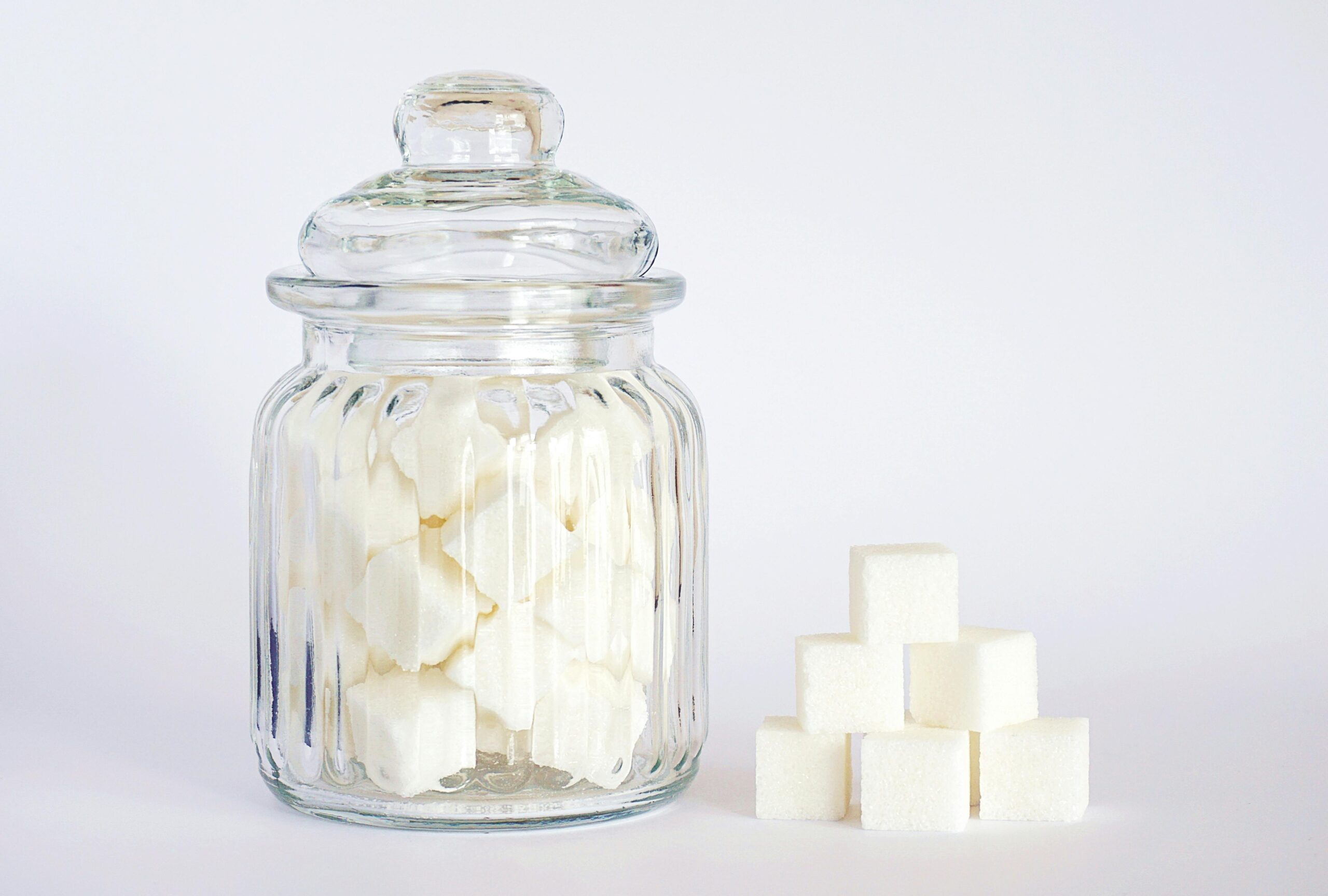
More than 47,000 tonnes of sugar have been removed from soft drinks alone in the UK since the authorities introduced a two-tier system of additional taxation on them in 2018. Their producers were obliged to pay the treasury 18 pence for every five grams of sugar they put in 100 milliliters, and even 24 pence for larger quantities. To avoid the tax, some of them reduced their use of sugar and developed recipes with healthier sugar substitutes.
The tax was supposed to reduce sugar consumption in the UK by 20%, but unfortunately this target has not yet been reached. However, there is a positive change. If before every second drink in the commercial network had five grams of sugar per hundred milliliters, now it is only 15%.
A Cambridge University study has shown that the sugar tax has really achieved something serious. It reduced obesity among 10- to 11-year-old girls by eight percent, and also the number of teeth extracted due to decay.
The tax is part of a larger package of measures that includes a ban on supermarkets placing chocolates and other treats at children’s eye level near checkouts. Also, starting next year, they will not be allowed to make tempting offers on unhealthy foods.
For others, the tax does not affect their shopping habits.
Almost one in five teenagers in Europe drink sugary soft drinks every day, which is believed to be one of the factors behind adolescent obesity in the Old Continent. That’s why the World Health Organization has long recommended that sugary foods be taxed, and about 50 countries have already done so.
Illustrative Photo by Suzy Hazelwood: https://www.pexels.com/photo/close-up-photo-of-sugar-cubes-in-glass-jar-2523650/
Health & Society
The intoxicated society
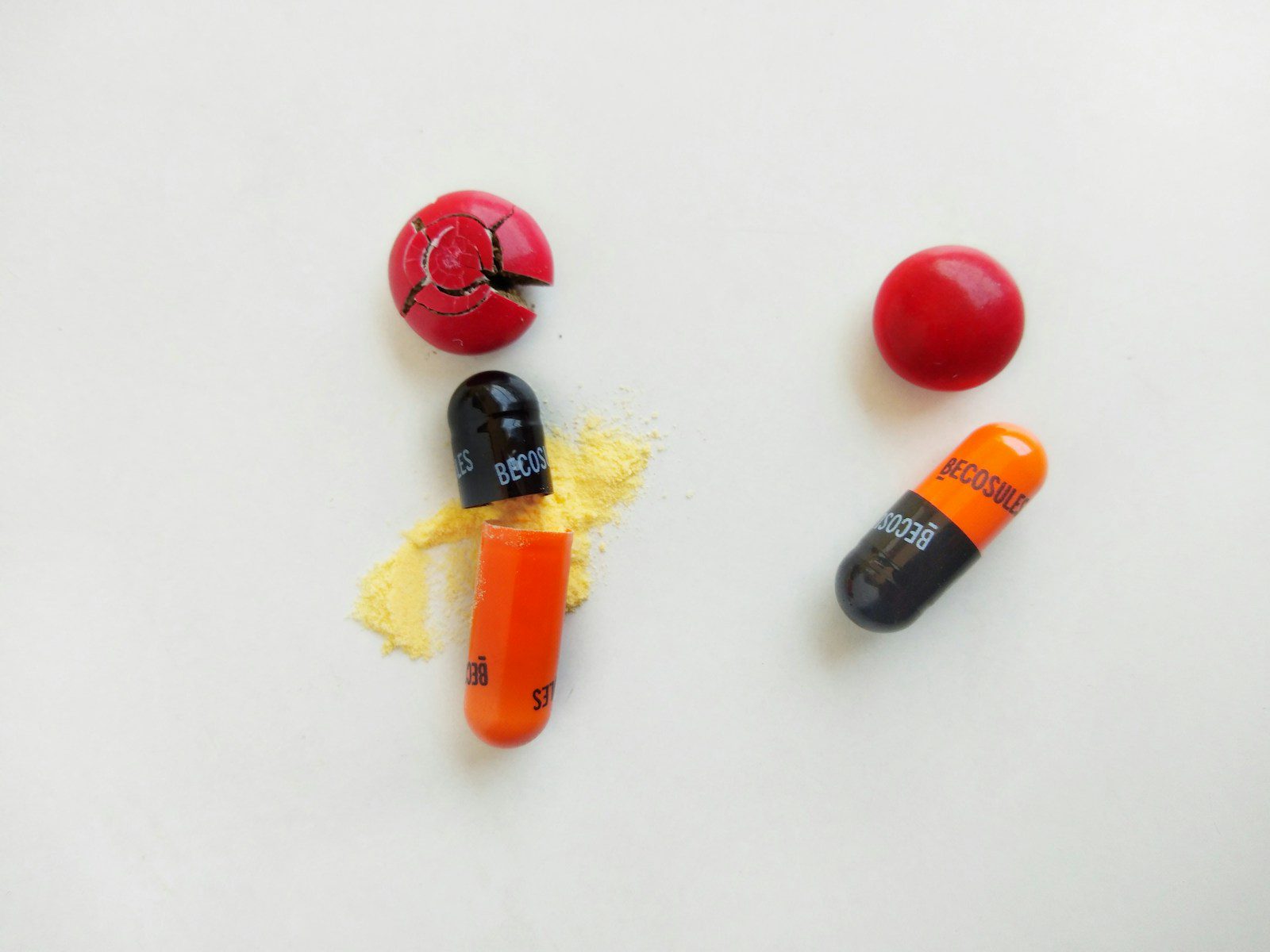
In modern societies, it has become fashionable to go to the family doctor and leave his office with a prescription for medicine. That makes us live the day with peace of mind. But what we do not know is that, with that small gesture of going to the pharmacy, giving the prescription to the person who attends us in that establishment and fully trusting the product they give us, without being interested, even one iota in knowing the indications of the medicine may be putting us in danger.
We are told by doctors or pharmacy clerks that reading the notebook, the leaflet, is not necessary. What’s more, if you are a consumer of a certain age, or if your eyesight is no longer what it used to be, or do not try, although perhaps with a magnifying glass you will achieve it. An old global marketing strategy, to discourage locals and strangers.
Do you think it is clear to the doctor or pharmacist that this medicine can cure them?
To get an answer I have gone to a book that fell into my hands a few days ago, published by Peninsula, in Spain: Chronicle of an intoxicated society. Its author Joan-Ramón Laporte. Born in Barcelona in 1948, he was 76 years old at the time, now dedicated to research, he was a professor of Therapeutics and Clinical Pharmacology at the University of Barcelona and head of the clinical pharmacology service at the Vall d’Hebron Hospital in Barcelona. In addition, throughout his career he founded the Catalan Institute of Pharmacology, a school for great professionals and promoted the creation of various scientific societies and research networks of national and international scope in Europe and Latin America, among many other things. Therefore, it seems to me an expert voice to be able to answer the previous question.
Without going into the book, which I must still confess that I have not “gutted”, “underlined” and studied as it deserves, I think that taking advantage of the generosity of its years of experience they will allow me to reproduce part of the first two paragraphs of the introduction to the same book, which by the way leaves many doors open for us to continue investigating.
“… In 2022, Spanish doctors wrote 1,100 million prescriptions for medicines. Out of 10 people, three take a drug for sleep or depression, two or three take omeprazole, and two take a cholesterol medication. Consumption is concentrated among the elderly and the poorest. Women receive twice as many psychotropic drugs as men. The poorest eight times more than the richest. Older people seven times more than younger adults.”
1,100 million prescriptions in 2022! Only in Spain.
According to the words of Joan-Ramón Laporte, it is clear that there are medications that, used at a specific time, will relieve pain, “cure” a disease and alleviate its symptoms…But they can also cause a new disease.
The series about doctors and hospitals, especially in the USA, permanently keep an eye on this question. How many times has an efficient, upright doctor whose commissions for prescribing according to which treatments should not be excessively high, discovered overmedication in a patient and tried to remedy it? How many times has the health system based on consumption allowed you to do it?
We are more profitable for the pharmaceutical industry as long as we take more drugs. Regardless of whether we are cured or not. What’s more, the home pharmacies hidden in the drawers of bedside tables or in cupboards full of pills, syrups, etc., are a current account where the State puts our tax money. The curious and unhealthy feeling that everything is free in the medical field is absurdly a lie. Someone pays and if the State does it, we do it.
Joan-Ramón Laporte, in his aforementioned book comments: In fact, we are suffering from a silent epidemic of adverse effects of medicines, which in Spain are the cause of more than half a million hospital admissions and at least 16,000 deaths a year, as well as dozens of cases of diseases as varied as severe bleeding, femur fractures, etc. pneumonia, cancer, violence and aggression, suicide, myocardial infarction and other heart diseases, stroke, dementia and Alzheimer’s disease,…
All of the above is written among the contraindications of many of the medications we take. And if we listen to the written words of the expert, who should we blame for the half a million hospital admissions due to the mismanagement (concern) that doctors make of the drugs they prescribe to us? And about the 16,000 deaths, deaths per year, who are responsible?
If we were talking about criminality in the field of police security and we were given a figure like this, data like these, with five hundred thousand injured and a scandalous number of deaths, we would be talking about the negligent attitude of our state security forces and bodies. Why not do the same with our doctors?
I sincerely believe that honest doctors should be the first to question the health system that surrounds us, and try to modify their attitude, comfortable, both personally and unionically, with the industrial network that exists behind the pill that the final consumer takes. The pharmaceutical industries are not charity angels as demonstrated every day in the hundreds of millions that pay for negligence around the world and by the profit and loss accounts they present at the same time, where they have earned billions at the expense of making consumers addicted.
Review the medications you take and don’t hesitate to talk to your doctor about their contraindications. And if you see that you take a lot of pills, seek a second opinion and lower your doses little by little, with the help of experts, in order to try to get out of a wheel that, as they tell you, leaves 16,000 deaths a year and half a million hospital admissions, according to the words of an expert such as Pharmacologist Joan-Ramón Laporte.
-

 Politics5 days ago
Politics5 days agoPoland’s Former Prime Minister Mateusz Morawiecki Eyes Leadership of European Conservatives and Reformists
-

 EU & the World5 days ago
EU & the World5 days agoDoes Travis Kelce Appear in Swift’s ‘I Can Do It With a Broken Heart’ Music Video?
-
EU & the World5 days ago
Mike Lynch Yacht Update: Fifth Body Recovered Off Coast of Sicily
-

 Sports5 days ago
Sports5 days agoAtalanta: PSG-Lookman, there is news
-
Travel6 days ago
New Brussels to Venice night train: The 9 cities en route, what it will cost and how to book
-

 EU & the World5 days ago
EU & the World5 days agoAshanti & Nelly Welcome First Child Together & Reveal Baby Boy’s Name
-

 Health & Society5 days ago
Health & Society5 days agoPope Francis calls on religions to unite to reduce demand for drugs
-
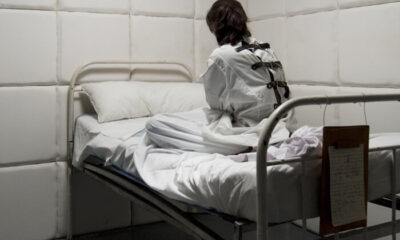
 Health & Society5 days ago
Health & Society5 days agoSexual abuse, electric shocks, chemical restraints in Mental Health Care, report finds





